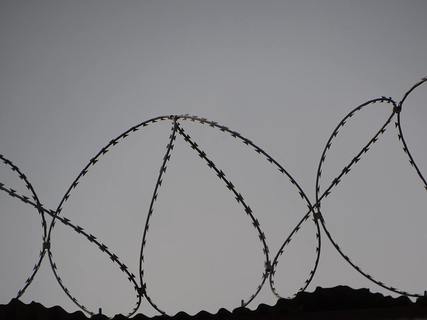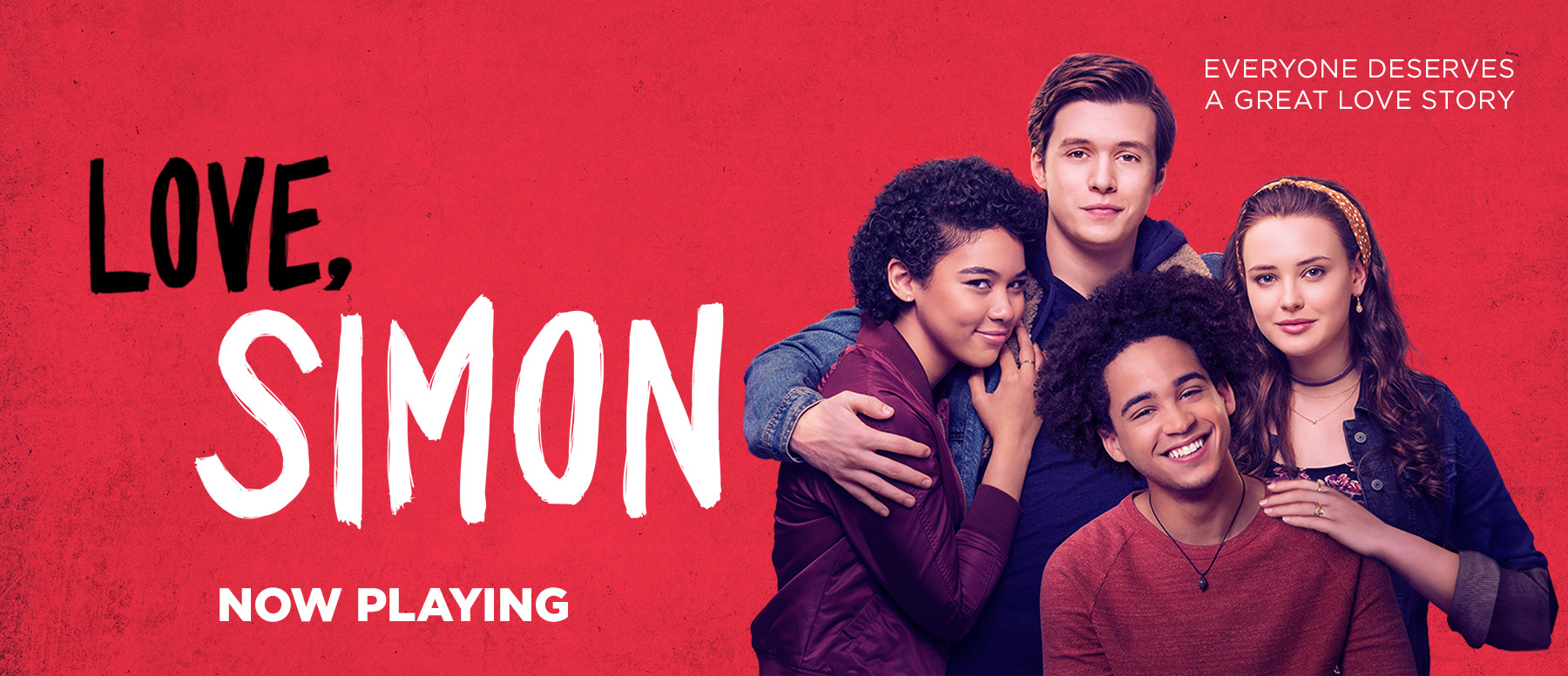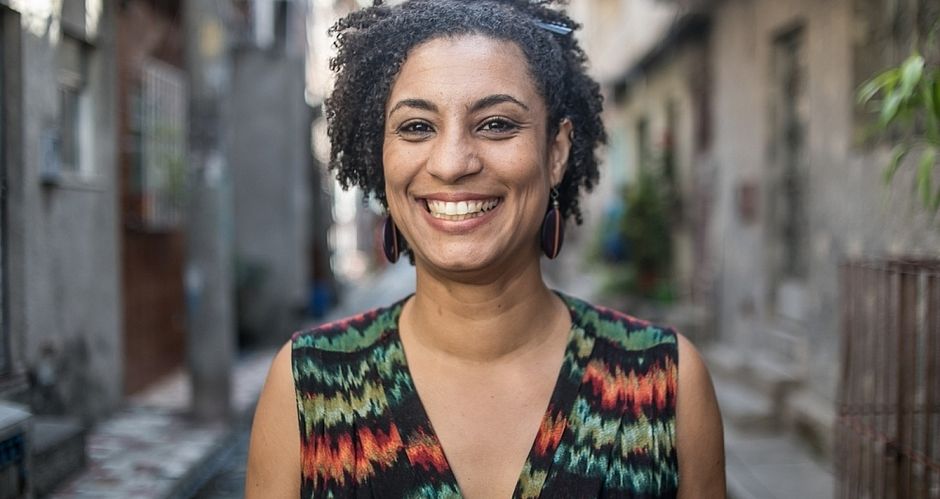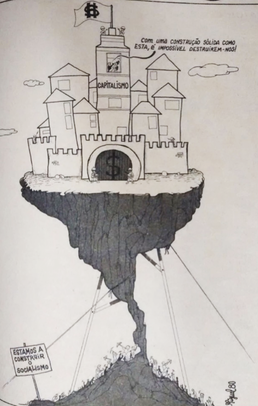|
By: I. Maluf Sérgio Moro - the infamous judge that commanded most of Lava Jato’s corruption investigations - ordered ex-president Luiz Inácio Lula da Silva’s arrest, claiming that out of “dignity”, Lula could surrender himself in three days time after the Supreme Court issued the warrant. Lula surrendered himself to the police 26 hours after Moro’s declaration.
Before going into police custody, Lula gave a 55 minute speech alleging innocence, claiming that he was incentivized to exile himself in another country or in some foreign embassy elsewhere in the world. Lula also make sure to emphasize his disdain towards the Brazilian Supreme Court in his speech. After surrendering, Lula was transferred from São Bernardo do Campo (São Paulo) to Curitiba, where he’ll serve his 12 year sentence. He’s going to be placed in a special cell in the federal police’s building which will leave him isolated from the rest of the prisoners. Despite of this, Lula will receive the standard treatment of the penitentiary; there will be no favors granted to him. Lula was going to participate in the 2018 elections and try to be elected as president for the third time. Lula had a promising position in the polls and many believed that he could become the next leader of the country in October. After his arrest PT, Brazil’s Worker’s Party, has received a blow as their strongest contestant has been eliminated from the elections, leaving the other parties stronger in the race to elect the next president. Lula is the first president to ever be arrested because of a common crime, his condemnation including the crimes of corruption and money laundering. With Lula’s arrest, Brazil’s political future is uncertain. According to The Economist, “Despite his conviction, 37% of Brazilians say they would vote for him in October’s election, making him the most popular candidate by far”. Jair Bolsonaro is behind with the support of 16% of the voters but he’s the right-wing opposite of Lula, therefore it isn’t probable that the imprisoned politician’s voters will choose him as the next president. The political atmosphere in Brazil is tense, and nobody can predict the outcome of the fast-approaching election.
0 Comments
By: M. Lutfalla Polls show that Lula could possibly win the 2018 election if he runs.
Brazil’s presidential elections take place every 4 years, and the last one took place in 2014, meaning that this is the big year. After everything that happened overt the last few years and the federal police investigation, “Lava Jato”, on the Brazilian corruption scandal, the population is anxious for this new election, as Brazil is on the line to see whether things are going to get better. The election takes place in October, and a lot of research is taking place to see what the population’s opinion on the candidates. Recently the ex- President Lula was convicted of corruption and in January it was upheld on appeal. This made him lose the right to run for the presidential elections this year, even though he is trying all measures to be included in this election. Many were claiming that if Lula had been part of the presidential elections of 2018 he would get a lot of support. This was proven by a poll convicted by the MDA, which stated that 53.3% of those polled said they could vote on Lula if he was part of the election. Moreover the poll demonstrates the discontent of Brazilian people towards the President Michel Temer, in which 73% of them gave a negative evaluation. Michel Temer used to be Dilma Rousseff’s vice president, once in 2016 when the Brazilians chose to impeach Dilma, he rose to the presidency, but since then opposition grew towards him. This MDA poll has a margin of 2.2% error, commissioned by national transportation association GNT that analyzed 2002 people around Brazil, from the 28th of February to the 4th of March. The elections seem to have a balance number of candidates from the Left and from the Right, there are several of candidates, but that reduces the chances of the elections being over on the first round, as it is more likely for the votes to be spread around the candidates. We have heard several names of candidates such as: Lula (PT); Jair Bolsonaro (PSL) ; Geraldo Alckimin (PSDB) ; Marina Silva (Rede) ; Ciro Gomes (PDT); Joaquim Barbosa (PSB) ; Aldo Rebelo (Solidariedade) ; Manuela D’Ávila (PCdoB) ; Álvaro Dias (Podemos) ; Rodrigo Maia (DEM) ; Michel Temer (MDB) ; João Amoêdo (NOVO) ; Guilherme Boulos (PSOL) ; Flavio Rocha (PRB) ; Paulo Rabello de Castro (PSC); Henrique Meirelles (MDB) ; Fernando Collor de Mello (PTC) ; Vera Lúcia (PSTU). Brazilians are excited but tense for the 2018 elections, and as the months pass by the tension will only increase. It is a decisive moment for Brazil, and this is making its economy unstable for this period of elections, explaining why the currency price fell slightly the last few months. Sources: https://www.economist.com/news/americas/21740465-jailing-lula-has-big-implications-octobers-national-vote-brazils-election-now-up https://www.reuters.com/article/us-iran-nuclear-britain/britain-says-working-closely-with-allies-on-new-iran-measures-idUSKBN1HW1NP http://www.bbc.com/portuguese/brasil-42313908 By: I. Etlin Since 2011, Syria has been in constant turmoil due an anti-regime uprising (ISIS, Kurdish forces) which led to a Civil War. Throughout these seven years, there were several economic and political sanctions imposed by the US and European Union, this include: US freezing Syrian government assets in the US and barring Americans from making new investments in the country, the EU banning the import of Syrian oil, the Arab league suspending Syria’s membership, and others. Syria has already been accused of using chemical weapons in 2013 and the former US president, Barack Obama, tried using military sanction and power but failed, later stating that he will not “put American boots on the ground in Syria.”
Unfortunately, on the 4th of April 2018 there was a suspected chemical attack on the rebel-held town of Khan Sheikhoun in north-western Syria, where more than 80 people were killed and 541 people were injured. Witness and victims stated that they saw a yellow mushroom cloud rising that stung their eyes, others expressed that they saw an aircraft dropping a bomb. Further evidence was the symptoms that the victims suffered they varied from redness in eyes to foaming from the mouth. However, the Syrian government denied the use of chemical and toxic substances and expressed that the military never used them. As a response to these suspected chemical attacks the United States, France and UK launched airstrikes in Syria on 13th of April, 2018. Trump’s justification for these airstrikes was a sustained effort to force the president of Syria, Bashar al-Assad, to stop using banned weapons. This was an extremely risky move, since it exposed the US to a possible confrontation with Russia and Iran (supporters of al-Assad). These recent events increased the already existing tension between Russia and USA, and pulled the US deeper into the complex multi sided war in Syria. By: P. Rodrigues Before we can talk about the differences between constitutional and absolute monarchy, what is a monarchy? These are political systems that have a king and/or a queen in power. In simple terms, a royal family.
The stark contrast between the aforementioned alternatives, is that the Constitutional Monarchy has a king, or queen, that rules “within laws which limit his or her power”; in other words, there is some sort of entity that controls a considerable part of the government, alongside the royal family. In most cases, there is a parliament. The parliament is a “legislative elected body of the government”. In simpler terms: people are elected to join the parliament, and then together they work to make new and better laws. It is important to state that the royal family has no more power than the parliament in this case. It goes without saying that Absolute Monarchy most important difference is that every decision is ultimately up to the king, or queen. However, this does not mean that there is no parliament, or any other sort of supreme consultative body. In fact, I can’t recall any monarchy without some form of state council. Advantages and disadvantages Having a Constitutional Monarchy means there is some kind of better security, national focus and social, and political stability. It addresses more of the nation’s concerns as it is an elected entity. However, this also means that there is conflict when debating strategies to the country’s problems, making it an overall slow system; it is difficult to any major internal changes to happen, even though it is required. Absolute Monarchy offers a faster lawmaking structure; having a single Ruler means that the law process straightforward, as there is just one party involved. In fact, it is safe to say that there is less corruption; less people with different agendas, means less people willing to use money to get things done. Nevertheless, I believe that the disadvantages are quite obvious: if there is an incompetent leader, there is an inevitable downfall to the country. Like the other example, it is extremely difficult to change the internal political structure. And, as a consequence of a stronger military, there is higher chances of both international and national conflicts, rebels, creating a chaotic environment; which is horrible to the nation’s economy and its people. Things to consider A king or queen, in an Absolute Monarchy, can decide to not interact with political affairs, allowing any council to take control of the nation’s political decisions. By: G. Castilla Love, Simon is based on the best selling novel “Simon vs the Homo Sapiens Agenda”, telling the story of Simon Spier, who has a great life overall. He has a wonderful family, does well in school and has understanding friends. The only issue is that he has a big secret he has been keeping for a while: the fact that he is gay and isn’t sure whether he wants everyone to know. Simon starts and anonymous relationship with a classmate online, of which he does not the identity of. Trouble looms in when another classmate discovers his secret and blackmails him online.
The story resolves on Simon accepting who he is and move on to adult life more confidently. This movie isn’t idiosyncratic or deep, nor unpredictable. However, it has a gentle message about kindness, acceptance and love. It’s warmth, wit and openness won me over. Given this, I recommend it to anyone just wanting a sweet love story. By: Ana Luiza Nogueira Casa de Francisca is a restaurant in the Palacete Teresa, located at the centre of São Paulo. The historical building was home to the city's first music store and became famous as the musical "corner" of the city. The restaurant proposes that guests order and pay for their foods before giving their order directly to the cooks, requiring no service and providing a personal connection with the space. Live music is featured on saturday during lunchtime, and more lively shows are present on dinners from wednesday to saturday.
We arrived half an hour before the restaurant opened, and as soon as we did people began forming a queue. The space was filled within minutes. We decided to sit on elevated seats that were directly facing the live band. For the main course, there were two orders of a classic "picadinho", one of a rice and vegetable mixture. For starters we ordered a beetroot tartare and a pumpkin cheesecake for desert. All of the dishes were delicious, surprising by uniqueness and flavour. The band made the atmosphere lively, with couples dancing and every guest staying for a long time. The interior doesn't lack in decoration, and multiple balconies allow a unusually beautiful view of the city center. By: I. Maluf This past month, Brazilians became outraged upon hearing about the death of a beloved councillor in Rio de Janeiro. Marielle Franco, 38, was murdered on March 14th by bullet wounds in what appears to be a target-assassination. Her driver was also shot dead in the same violent attack, and this has provoked various protests to happen throughout Brazil due to the population’s disbelief of the atrocity that was committed.
Franco was a activist and politician raised in the Maré favela in Rio. She was a minority within a minority in Brazil due to her being a black, lesbian single mother, and she was also the only Afro-Brazilian woman in Rio’s city council. She was a advocate for the minorities that are constantly mistreated in Brazil including women, Afro-Brazilians, people with low income and the LGBTQ community. She also publicly criticized President Michel Temer’s use of police and military intervention in the city and fought in the feminist movement in the city, where women, especially in the favelas, don’t have several fundamental basic rights. Some believe that Franco was killed for protesting against the constant and vehement abuse of military and police power in Brazil, a situation that can be described as a “culture of impunity” in Brazilian law enforcement. Many affirm that her activism has created a lot of enemies. Thousands of people have protested the councillor’s death in cities across Brazil, as well as in New York City, Paris, Berlin and other major cities in the world. According to Time Magazine, Franco’s name was mentioned in more than 3 million tweets in 54 different countries in the two days following her untimely death. The hashtags #MariellePresente (Marielle Is Here) and #SayHerName were used in social media to comment and raise awareness about her situation. Brazilians are outraged at the lack of justice in the country, and the population is crying out for the end of the systemic prejudice and violence that plagues contemporary society. Unfortunately, this seems like something that will only be achievable in a distant future, but for now people will remember Marielle Franco and continue to fight towards her cause in solidarity. By: A. Nogueira Letterboxd is an online social network based on film, opened for public use in 2013. Users may review all movies they have watched, view their average rating, create lists, add likes, keep a diary and add movies to their watch list. The social media aspect allows users to follow others and view their opinions given all of these features. The platform has become increasingly popular with a website and app. Notable users include: Jordan Horowitz, the producer of La La Land and David Ehrlich, a senior film critic for Indiewire. Although nearly all features are available for free, users have the option of upgrading to PRO or Patron for an annual fee. These mostly add statistics to your page and minor advantages. If you are an avid movie watcher, study film IB, want to share and recollect your movie experiences or generally want to connect with friends through a cultural medium, Letterboxd is ideal! Follow the accounts of your editors and writers!
All of the data provided by the website including actor, director, studio names, synopses, release dates, trailers and posters is supplied by The Movie Database (TMDb). By: P. Rodrigues Communism vs. Ideology:
As we have already discussed about the definition and meaning of what an ideology is (this can be found in the ‘What is Capitalism?’ article, published last month), it doesn’t make sense on going over that again. Even though communism has grown and established many different ideas throughout the globe, some prefer to say that this isn’t an ideology at all. Let us get something clear before we begin; it is. However, this article will argue against that statement - so we can discuss the conflict between capitalism and communism as a whole, in a more efficient way. See that castle over there? Well, imagine that such castle represents Capitalism. And as everything else, it is built on a foundation; Capitalism is built over the idea that people are entitled to private property. Even though there is an impenetrable castle on top, there is also a vulnerable foundation below. Communism is constructed around the idea that there should be no private property. Our Foundation: The way in which we think about our money, our social lives, our decisions regarding politics, and almost everything else has this same foundation. We roam around the world knowing basic stuff; two plus two is four, the sun shines for about 12 hours a day, and I can buy that house and have it be mine… Obviously these subconscious, yet real, things influence the way we do things. It wouldn’t make much sense to use sun glasses when the sun is not shining, right? What I am trying to say is that Capitalism is an ideology that currently dominates any other because it makes sense and is natural for us; and what is natural for us today, may not be tomorrow. The circumstances do matter. Capitalism works and makes sense because the circumstance in place for this is us having private property. What Karl Marx tried to explain is that to have a free and liberal society, we should destroy this foundation. Hence, or otherwise, Communism is the idea of having a society with no private property, and no state (government). How do we get there? Unlike Capitalism, Communism requires some steps before being plausible. But before we get into that, I would like to mention that there are many different views, and interpretations regarding communism’s true meaning and definition. However, I’ll focus on what Karl Marx, the creator of such ideology, said. He said that before having a stateless nation, it was required to have a strong state. Ironic, right? This is one of the main criticisms to communism, but I’ll get into that in just a moment… He said, that before Communism, we would require Socialism. Socialism would mean that there is a strong entity, the government, that would control absolutely everything; industry, law, and businesses. People would give up private property to the government, after that…. Well, after that, Karl Marx died; meaning he couldn’t finish his ‘master piece’. So, what’s the catch? I think it is fairly obvious. How do we move from Socialism to Communism? The truth is that we don’t. Don’t trust me? Think about this then: Is it realistic to give all of the political, social and economical power to one entity, and hope that it will give that all away for nothing afterwards? I don’t think so. This is why I think of communism more like a criticism, and not ideology. The fact that it is unrealistic, at least with today’s social context, makes me wonder if it deserves to be seen as a different method for a society to live by. Instead, I think of it as a reminder. A reminder of all the negatives consequences caused by Capitalism. By: G. Cardenas In a scientific and technology driven society of many impacting advancements, new technologies and techniques like genomics that are greatly controversial must be and are thoroughly discussed and criticised. The topic of genomics impacts every single country in the world and discussing its regulation is primordial to be able to develop this technology safely and respectfully. Understanding the ethical and moral issues in this topic is a big step to consequently reach a consensus to enable future advancements in this kind of research in a humane and respectful manner.
A big concern for such research are the ethical reasons, one big example being religion. Countries like the UAE, Iran, Saudi Arabia, like many others, have their main religion being Islam and although some of these government aren’t religious, they have to respect the belief that Allah’s creation of humanity is holy and should not be infringed upon. This is how Allah created humans and animals, and so the natural course of humanity should follow Allah’s will without any intervention. Other religions like Orthodox Christians and Orthodox Judaism also have the same concerns, but I have taken Islam as the main example because it is the larger portion of people that represents this disapproval of such techniques. However, even though this kind of research challenges moral and ethical problems due to tradition and the different beliefs in different cultures, its good aspects must be seen and understood as it is a technological advance that may help humanity in a myriad of aspects. Firstly, the medical and health aspect as it opens doors to many medical discoveries that can be linked to the human genome. Many serious conditions and diseases can be better understood and treated with the research obtained by genomics, especially those linked to genetic inheritance like cardiovascular diseases or even cancer. It also has a tremendous amount of commercial potential and success. A project of the human genome research carried out in the USA generated $800 billion dollars employing 4 million people in such a short period of time. The Genome research is a very important matter that must be discussed internationally in committees like the UN as for the only way to proceed with its development in a respectful manner is by coming up with correct regulations that will ensure the utmost satisfaction for its correct use. |
Categories
All
Archives
June 2024
|









